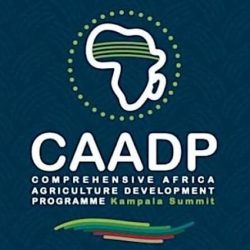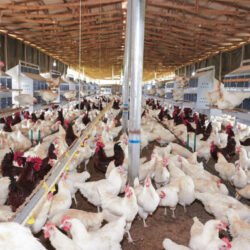Yaoundé, Cameroon: Souleymane Aba, a chicken farmer from the Adamawa region, used to produce a modest 8,000 birds annually. Today, thanks to a government-led initiative, his production has skyrocketed to 28,000. This remarkable transformation reflects the success of the World Bank-financed Livestock Development Project (PRODEL), which is revolutionizing the Cameroonian livestock sector.
For years, Cameroonian livestock farmers grappled with numerous challenges, including limited access to markets, inadequate training, and the devastating impacts of climate change. However, a multi-pronged approach, involving government agencies, NGOs, local authorities, and microfinance institutions, has unlocked significant potential.
At the heart of this transformation lies the Productive Partnership Model (PPM), a unique approach that fosters strong linkages between producers and agro-industrial companies. By guaranteeing a stable market and fair prices, the PPM has significantly reduced the risks associated with livestock farming.
“I have been able to secure a contract with a hypermarket in Douala,” says Souleymane. “This contract has reduced a lot of stress in finding buyers for my chicken… with a clear business plan, I now have a better visibility of how I am selling my chickens throughout the year, a clear visibility of my incomes and can better plan the expenses for my family.”
The PPM, coupled with the Community-Driven Development Model (CDDM), has empowered communities to take ownership of their development. By fostering decentralized decision-making and community engagement, the CDDM has ensured that local needs and priorities are at the forefront of development initiatives.
The results of these innovative approaches are impressive. Increased access to services, improved market access, and the adoption of climate-smart practices have led to significant gains in productivity across various livestock sectors. Mortality rates in cattle have declined, while milk production and honey yields have surged.
Beyond economic gains, the project has also contributed to improved environmental sustainability and enhanced social inclusion. By investing in infrastructure and strengthening local capacities, PRODEL has empowered communities and improved the quality of life for rural populations.
The success of the Livestock Development Project serves as a powerful testament to the transformative potential of collaborative partnerships and innovative approaches to development. It demonstrates how, by empowering local communities and fostering sustainable practices, it is possible to build a thriving and resilient livestock sector that benefits both farmers and the environment.




